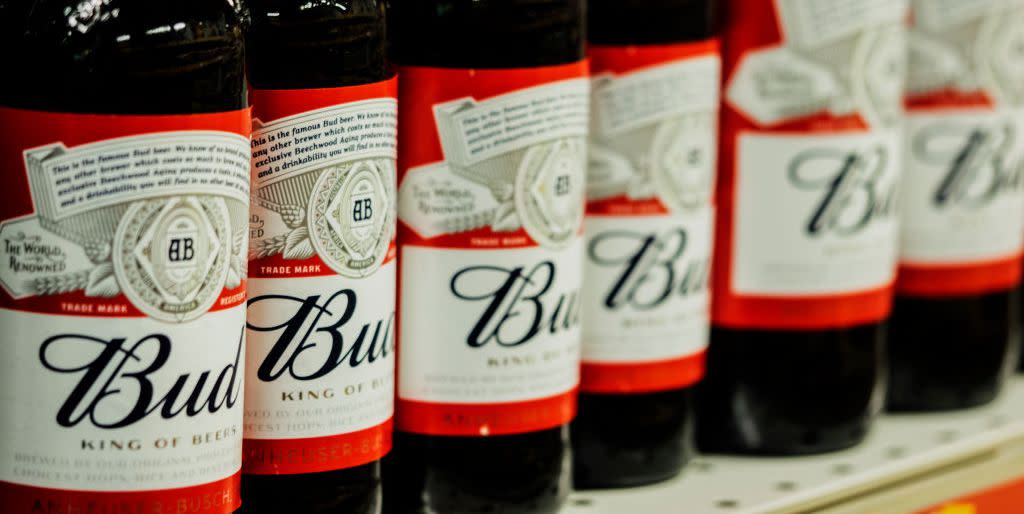Several Mainstream Beers Contain Trace Amounts Of An Ingredient Also Found In Weed Killer, Research Group Reports

Non-profit grassroots advocacy group U.S. PIRG (United States Public Interest Research Group) tested five wines and fifteen beers for glyphosate, an ingredient also found in some weed killers.
Certain brans tested positive for trace amounts at the time the study was published, but they did not return comment. U.S. PIRG has not published further tests since its initial study.
While U.S. PIRG states beer and winemakers should ban the use of glyphosate, the levels found in the beer and wine they tested are below the EPA's standards for what is considered dangerous.
Throwing back a cold beer after a long day of work or curling up with a glass of wine on the weekend is a normal part of life for many people, but this recent news may have you rethinking that habit.
A new study by the non-profit grassroots advocacy group U.S. PIRG found that about 19 major beer and wine brands may sell products that contain a pesticide called glyphosate. Grub Street notes the pesticide is one of the same ingredients used in the weed killer, Roundup.
The brands that might contain glyphosate include Coors Light, Heineken, Stella Artois, Sam Adams, Sierra Nevada, Sutter Home Merlot, and Barefoot Cabernet Sauvignon.
USA Today reached out to some of the brands listed in the study for comment, and while some acknowledged that their products may contain trace amounts of the pesticide, other companies disputed the results of the study.
According to the National Pesticide Information Center, when high doses of glyphosate have been administered to laboratory animals in the past, the pesticide had carcinogenic potential. It has also led to developmental and reproductive risks in rats.
However, you don't need to give up your favorite wine just yet. A spokesperson for the Wine Institute told USA Today "an adult would have to drink more than 140 glasses of wine a day containing the highest glyphosate level measured just to reach the level that California’s Office of Environmental Health Hazard Assessment has identified as 'No Significant Risk Level.'"
PIRG also acknowledged that while they "found that it is incredibly difficult to avoid the troubling reality that consumers will likely drink glyphosate at every happy hour and backyard barbecue around the country...the levels of glyphosate we found [were] not necessarily dangerous."
('You Might Also Like',)

